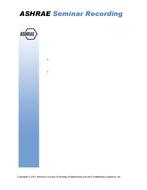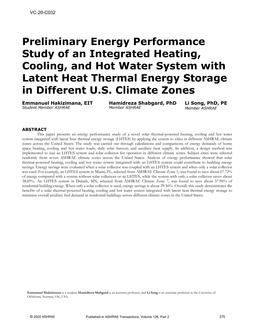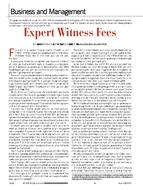Tightened requirements for thermal insulation of new buildings and the demand for a reduction of energy consumption for heating and comfort in order to reduce carbon dioxide (CO2) emissions mean that existing and especially older buildings have a very low thermal standard compared with today’s requirements. Therefore, there is an increased interest in improving the insulation standard of many existing and older buildings.
However, special attention should be paid to prevent degradation of the existing construction when the energy demand for heating and thermal comfort of a building decreases as a result of post-insulation measures. Besides lower heating costs and reduced CO2 emissions, improvement of the insulation standard could contribute to the elimination of other aspects of discomfort,
such as draught originating from cold surfaces inside.
This paper considers post-insulation of a simulated building constructed as a typical building constructed in the period of 1850 to 1920. Like many of the existing buildings from that period, this building was recognized as a building with a unique architecture.
It is a prerequisite for the improvement of the insulation standard that customized post-insulation solutions should be economically profitable for the owner. This paper focuses on good technical solutions for post-insulation of the building envelope and how the savings resulting from decreased energy demand can be estimated in a simple and accurate manner; at the same
time the paper addresses related building physics requirements of importance.
Citation: Thermal Performance, International Conference, 2004
Product Details
- Published:
- 2010
- File Size:
- 1 file , 2.7 MB
- Product Code(s):
- D-BUILDINGSXI-7


